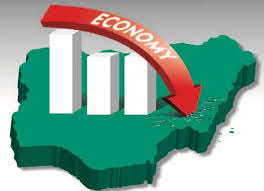The Nigerian Civil Aviation Authority (NCAA) has raised alarm that local airlines are owing it over N19 billion and $7.6 million on ticket charges stating that they have collected from passengers but have refused to remit to the Authority.
The NCAA Director General, Capt. Musa Nuhu stated this on Tuesday in Abuja at a stakeholders’ meeting with all the airlines and all the aviation agencies said this situation is crippling its finances and pitching the Authority against the Federal Government as government-owned revenue-generating agency, following the dire financial position of the FG.
He said rather than the airlines thinking creatively to grow their businesses and the industry, they have targeted the NCAA with campaign of calumny and falsehoods.
The Airlines Operators of Nigeria (AON) an umbrella body for all the airlines operating in Nigerian had accused the NCAA of multiple charges.
The AON had also in a letter to the Minister of Finance, Budget and National Planning. Mrs. Zainab Ahmed said the charges occasioned with the forex crises and Jet A1 (aviation fuel) is chocking the airlines to death.
Irked by the tone of the complaint, the NCAA DG said the accusation by the airlines are unfair, unfounded and smacked of blackmail.
He said all airlines are indebted to the NCAA, the Federal Airports Authority of Nigeria (FAAN), the Nigerian Airspace Management Agency (NAMA).
Capt, Nuhu also explained that the NCAA charges the airlines just cost recovery charges as the bulk of its revenues comes from the statutory charges on air tickets, bone by customers adding that the airiness deducts the funds, add to their revenues rather than remitting same to the aviation agencies.
He also said their accusations are father from the truth as comparative analysis of charges between Nigeria and Gnana shows that Ghana charges over 100 percent higher in most of the charges. He thus said the NCAA will also review its chares higher as the Authority hasn’t reviewed charges in about 13 years in spite rising cost of service provision.




